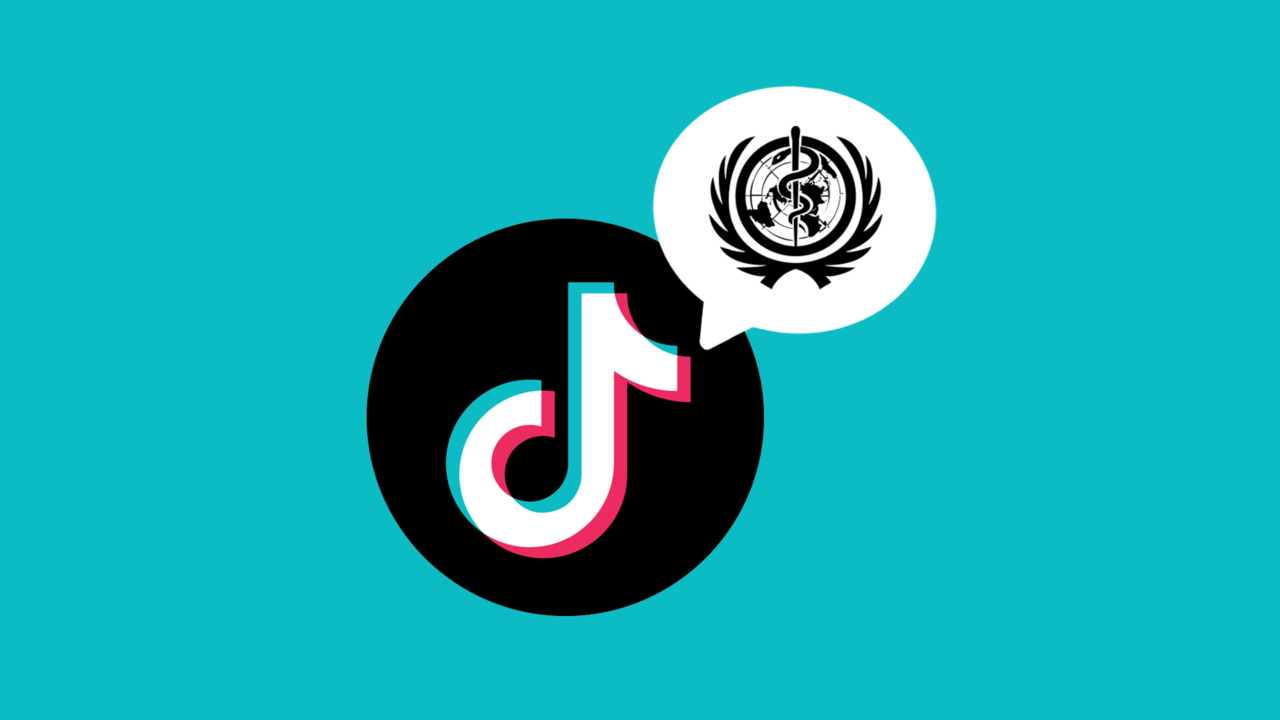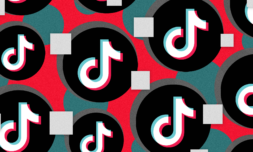Since the pandemic, there has been a surge in people seeking health information online. This has led to an increase in misinformation, however, leaving many overwhelmed as they navigate online medical guidance.
To help tackle this growing issue, the World Health Organization (WHO) have announced a collaboration with TikTok to deliver reliable science-based information on health and well-being to young adults.
Gen Z is more likely than other generations to find its news and information on social media platforms. In fact, studies show that despite being the most tech-savvy generation, they have a higher tendency to believe misinformation.
WHO’s collaboration with TikTok aims to address this by working with health influencers to promote health literacy and encourage positive dialogue surrounding healthy behaviours and actions.
The content will be created through the Fides network, a WHO project launched in 2020 to help combat health-related misinformation. The network is composed of over 800 medical professionals in the US, UK, France, Japan, Korea, Indonesia, Mexico, and Brazil, who also create engaging short-form video content for TikTok.
Speaking about the partnership, WHO Chief Scientist Dr Jeremy Farrar discussed how ‘the intersection of health and technology presents an opportunity to reach people of all ages, where they are, when they want to access.’
‘By working with TikTok and others, we are helping people access credible information and engage in scientific discourse that collectively helps shape a healthier future for all,’ he explained.




















